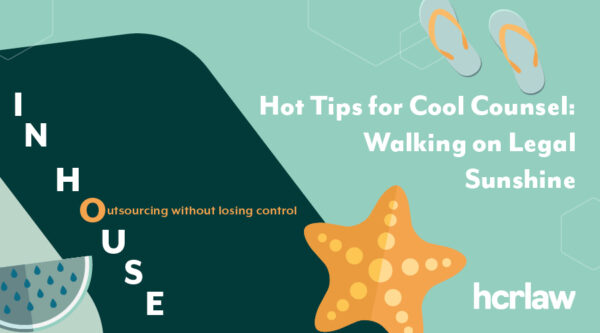

Manufacturers and suppliers use commercial agents to support them in selling or promoting products, including in new markets where they don’t have knowledge of local laws, trading conditions and customs themselves.
What is an agent?
An agent is an intermediary who’s involved in the making of a contract between a manufacturer or supplier (principal) and their customer.
If appointed in an EU member state, the agency may be subject to the Commercial Agents Regulations 1993 (Regulations). The Regulations will apply where the agent is a self-employed intermediary (i.e. not an employee of the principal, but possibly a limited company or a partnership) and has continuing authority to negotiate the sale or purchase of goods on behalf of the principal.
Inevitably these arrangements come to an end – sometimes they simply reach the end of their natural life but sometimes the relationship breaks down in some way.
Ending the agency
An agency can be brought to an end by:
• expiry – where it’s for a defined period (e.g. three years), at the end of that period unless it is renewed
• termination – where one of the parties takes an active step to end it. The contract may be for an undefined period and will continue until one party terminates, or it might allow one or both parties to terminate during its term, either for no reason or for a reason specified in the agreement.
Notice
Where the Regulations apply, the principal must give the agent the following notice prior to termination:
• 1 month for year 1
• 2 months for year 2
• 3 months for year 3 and subsequent years.
If you don’t give the right amount of notice, the agent may be able to claim damages for breach of contract.
Payments on termination
Under the Regulations, an agent is entitled to a payment on termination of its contract by the principal.
Also, if an agent terminates for a legitimate reason (e.g. because of the principal’s actions or because he/she is retiring or is too ill to continue) compensation will still be payable. The exception is where the agent has breached the agreement in a major way so as to justify termination by the principal.
No minimum period is required: there have been cases of agents claiming compensation after just six weeks of service.
Compensation
The payment can be either a compensation or an indemnity payment.
The compensation option will apply automatically if nothing else is set out in the contract. This can be particularly troublesome for manufacturers and suppliers. It requires the parties to value the agency (i.e. the amount that a hypothetical purchaser would be willing to pay for it at the date of termination) in order to determine the loss of value of the agency and level of compensation payable. There will be costs associated with appointing an accountant to determine the value of the agency and often both parties incur substantial fees negotiating the sum payable.
Indemnity
If the parties agree for the indemnity alternative to apply on termination, this can be much simpler and less costly for the principal. It limits the sum payable to the average of one year’s commission, averaged over the last five years. There’s no cap on the compensation option.
As well as being easier to calculate, in most cases, the agent will receive less under the indemnity principle than under the compensation principle.
We recommend obtaining legal advice when you are considering bringing an agency to an end to make sure you know what the contract says about termination and what other terms might be implied either by the Regulations or otherwise.
Better still, seek advice at the outset so that the contract provides for what happens on termination and limits your liability to the agent on termination as far as possible.










